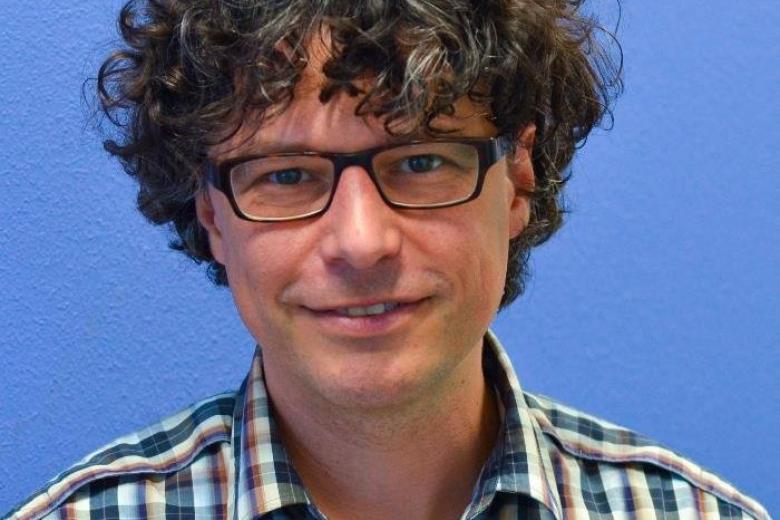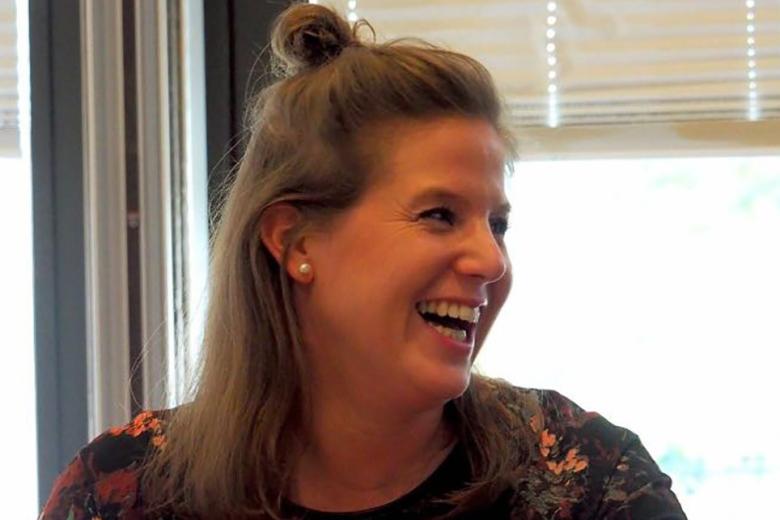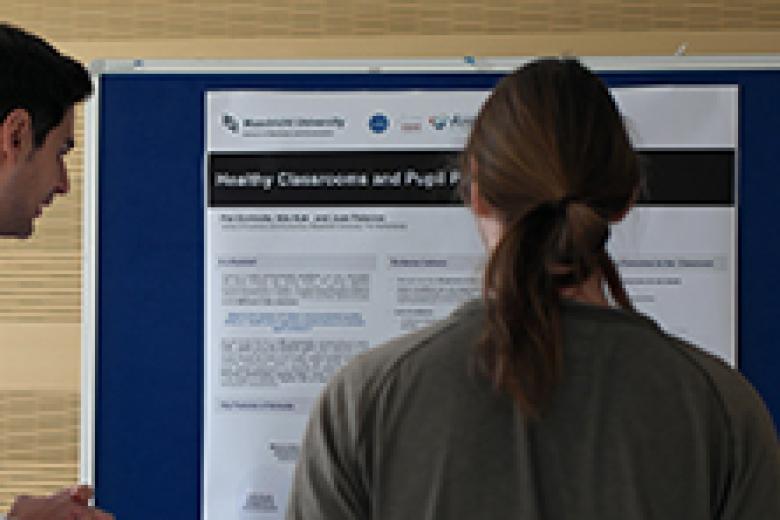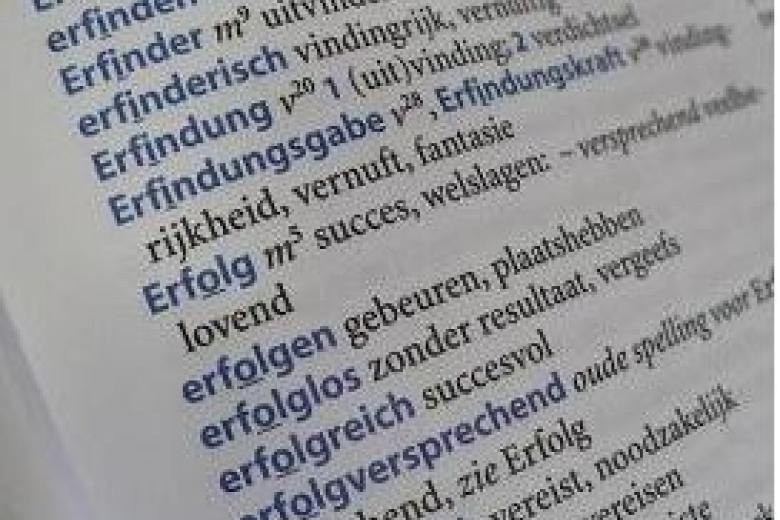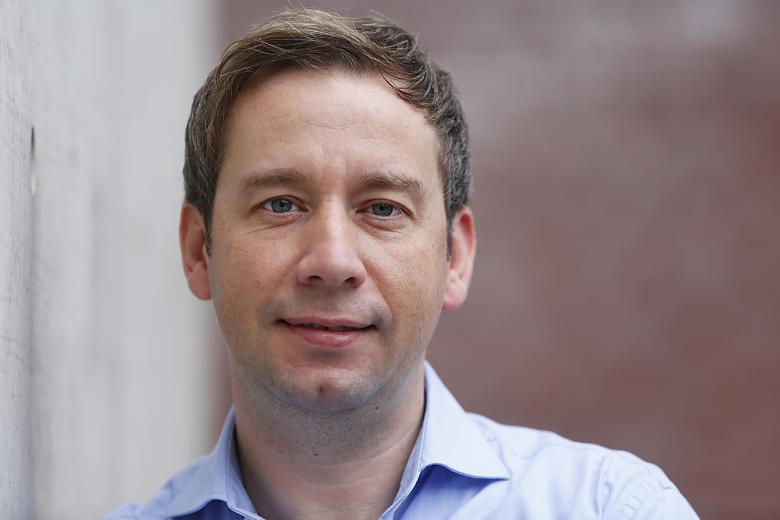Learning and Work
Society is undergoing transformation on an unprecedented scale. Globalisation and technological developments ranging from machine learning to robotics and artificial intelligence are radically changing skills required by the labour market, and, along with it, how and what we learn at school, at home and at work. Employees are grappling with increasingly complex non-routine tasks, more teamwork and performance measurement, and a greater focus on leadership, problem-solving and creativity. Lifelong learning has become critically important, not only to us as students, employees, citizens and consumers, but also to businesses, and to society’s capacity for resilience. And as the population ages and we retire later, we face the challenge of remaining employable throughout longer working careers.
Learning and Work focuses on research that can help us understand what these technological and demographic changes mean for education and employment. It centres on four issues: school, study and career choices; skills and tasks; lifelong learning, employability and performance; and incentives, control and performance. This research is multidisciplinary, drawing on dialogue and co-creation with business, schools, policymakers and regional and national governments, and deploying new research methodologies and strategies for data collection and analysis.
The Learning and Work team comprises some 50 senior researchers and nearly 40 PhD candidates drawn from economics, educational research and development, accounting and information management, finance, quantitative economics, marketing and supply chain management, organisation and strategy, as well as the Research Centre for Education and the Labour Market (ROA). Cross-faculty collaborations enlist the insights of disciplines including psychology, neuroscience, epidemiology, medicine and data science.
From changes in HR and recruitment practices to the way our career choices are shifting, and from the role played by our personalities in how we carry out our jobs to the effect of the physical environments we work in, Learning and Work aims to shed light on the issues and unfolding patterns that have an impact on us all.
Visit another one of our research themes:
A changing society calls for changes in workplace training programmes, and also affects schools
By focusing on skills, learning and worker performance, our research group aims to help society's transition to a knowledge economy
Trudie Schils and Andries de Grip, co-leaders of the Learning and Work research theme


